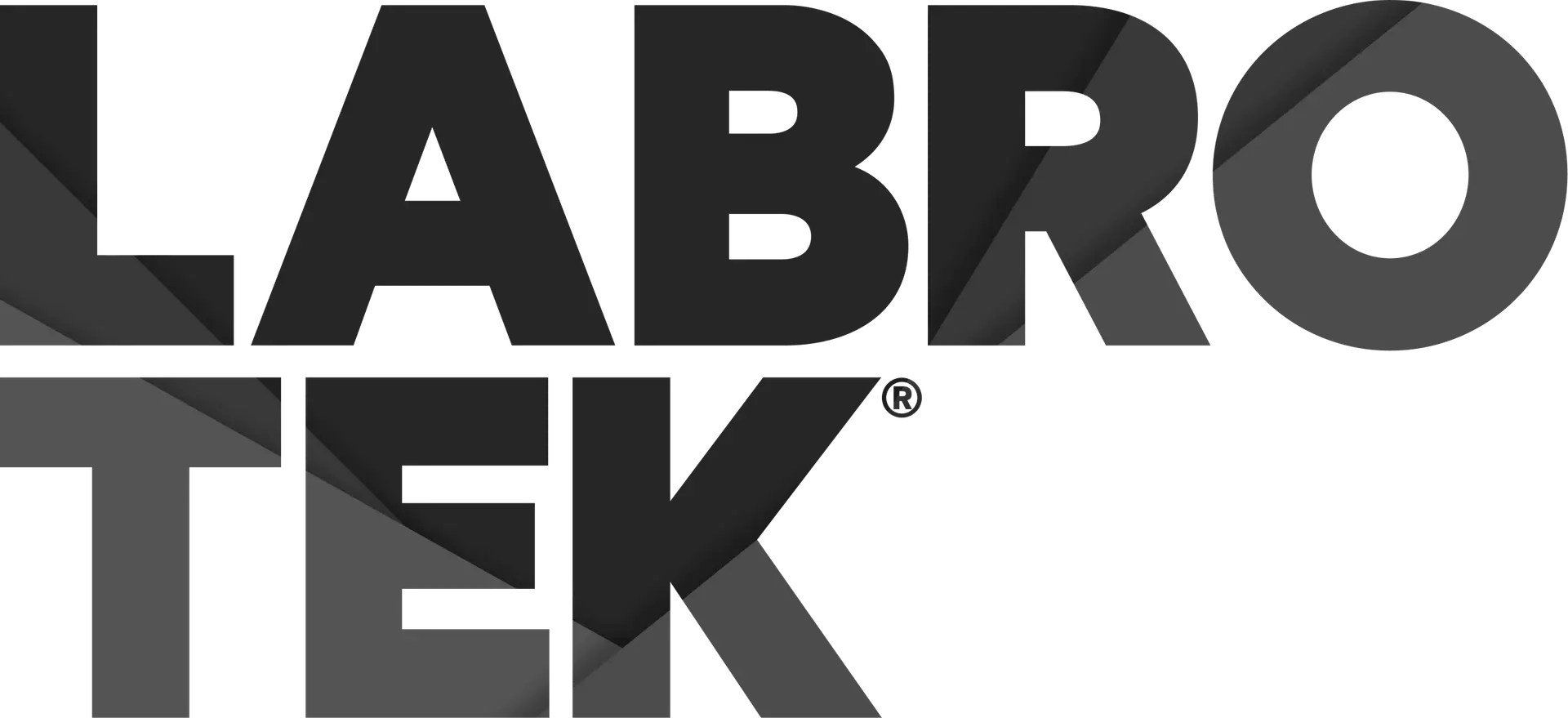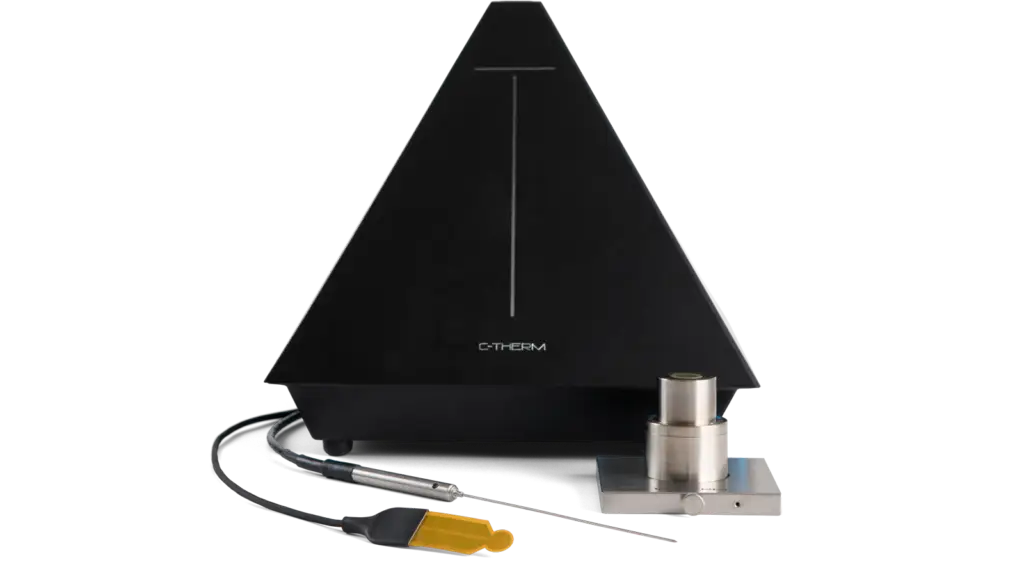Versatile thermal conductivity analyzer for testing solids, liquids, powders, and pastes
The C-Therm Trident Thermal Conductivity Instrument is the most versatile testing platform available, offering multiple methods for measuring thermal conductivity of various materials. With its modular design, the Trident provides researchers and material scientists with unmatched flexibility for thermal conductivity characterization.
Multi-Method Flexibility
The Trident system uniquely combines multiple testing methods in one instrument, including the Modified Transient Plane Source (MTPS), Transient Plane Source (TPS), and Transient Line Source (TLS) technologies. This allows users to select the optimal testing approach for their specific sample materials.
Fast and Accurate Testing
With the MTPS sensor, obtain thermal conductivity measurements in just 1-3 seconds with exceptional accuracy. The system conforms to multiple industry standards including ASTM D7984, ISO 22007-2, and more.
Wide Temperature Range
Perform tests across an extensive temperature range from -50°C to 200°C with the standard configuration, with options to extend up to 500°C. The Trident offers flexibility to operate in various environmental enclosures including thermal chambers and glove boxes.
Plug & Play Operation
The MTPS sensor offers convenient “Plug & Play” thermal conductivity characterization. Sensors are factory calibrated, interchangeable, and field replaceable, with calibration data stored directly on the sensor’s ID chip.
Comprehensive Material Testing
Ideal for R&D, quality control, and production monitoring across various industries, from electronics to building materials. Test the thermal properties of virtually any material including solids, liquids, powders, and pastes.

